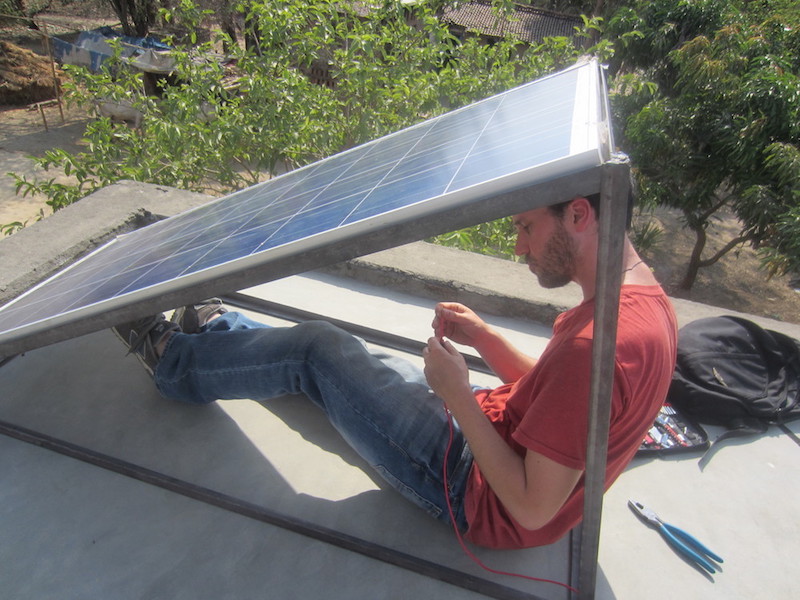Following a $200 million loan in 2016 for energy-efficient lighting, the Asian Development Bank (ADB) has approved another $250 million loan to Energy Efficiency Services Limited (EESL), a public-sector energy service company under Ministry of Power, to expand energy efficiency investments in India.
Under the new ADB project, activities to be undertaken by EESL in eligible states include energy efficiency opportunities not targeted by traditional energy service company investments, such as smart meters, distributed solar photovoltaic systems and e-vehicles.
The project will also promote awareness about the benefits of using energy efficient technologies among stakeholders. Awareness campaigns will engage local organizations in knowledge-sharing and training, with a focus on women electricity consumers. Capacity building for electricity distribution, regulatory agencies, and other government bodies will also be carried out.
The total cost of the project is $592 million, of which the Clean Technology Fund will provide $46 million, to be administered by ADB, and the EESL will contribute $296 million.
“India’s energy efficiency potential is largely untapped—amounting to possible energy savings of about 17% of the country’s total power generated in financial year 2019,” said ADB Principal Energy Specialist Jiwan Acharya. “The project will adopt proven energy-efficient technologies to reduce electricity network losses and reduce greenhouse gas emissions.”
Accompanying the loan will be a technical assistance (TA) of $2 million to support EESL in implementing the project, including a gender action plan, mobilizing private sector participation in energy efficiency services, identifying new business opportunities, and transferring knowledge about successful models.
The TA will also support the identification and development of new subprojects and pilot test some technologies. The grant comes from the Clean Technology Fund, to be administered by ADB.
The project is due for completion in March 2025.
ADB previously approved a $200 million loan to EESL in 2016 for the Demand Side Energy Efficiency Sector Project, to finance the installation of millions of energy-efficient lights in streets and homes as well as energy-efficient water pumps across India. EESL is also implementing similar projects by KfW of Germany, Agence Française de Développement, and the World Bank.
India’s climate change action plan
India has seen strong economic expansion over the last decade and a half, a period in which carbon dioxide emissions from fuel combustion have outpaced economic growth, reaching more than 2 billion tons in 2016, compared to 890,000 tons in 2000. The country is still largely dependent on fossil fuels, particularly coal power.
The government has recognized the need to achieve more sustainable economic growth while reducing carbon emissions. The country is aiming to achieve 175 GW of renewables by 2022 from about 80 GW as of August 2019.
Under the COP21 Paris Climate Agreement, India pledged to reduce the energy intensity of its economy by 33% to 35% from 2005 levels by 2030. But the government faces various regulatory, institutional, financial, and consumer barriers to achieving these targets.
EESL was established in 2009 as a joint venture of four public sector undertakings under the Ministry of Power to pursue large-scale energy efficiency investments, providing a comprehensive package of project design, implementation, monitoring, and investment.
This content is protected by copyright and may not be reused. If you want to cooperate with us and would like to reuse some of our content, please contact: editors@pv-magazine.com.









By submitting this form you agree to pv magazine using your data for the purposes of publishing your comment.
Your personal data will only be disclosed or otherwise transmitted to third parties for the purposes of spam filtering or if this is necessary for technical maintenance of the website. Any other transfer to third parties will not take place unless this is justified on the basis of applicable data protection regulations or if pv magazine is legally obliged to do so.
You may revoke this consent at any time with effect for the future, in which case your personal data will be deleted immediately. Otherwise, your data will be deleted if pv magazine has processed your request or the purpose of data storage is fulfilled.
Further information on data privacy can be found in our Data Protection Policy.